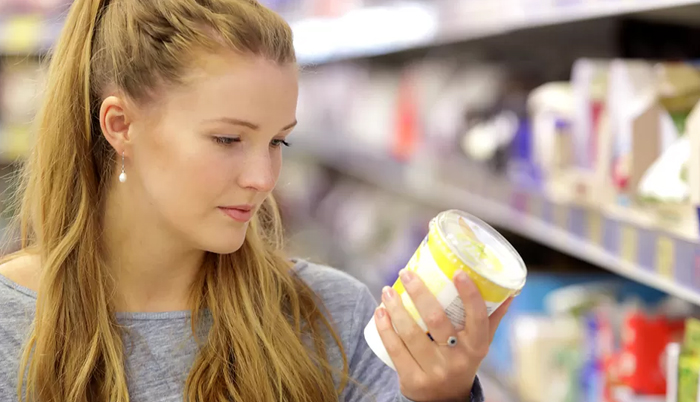![]() Home > World Business
Home > World Business
Supermarket Price Rises Hit New High In May

GETTY IMAGES
![]() May 30th, 2023 | 08:58 AM |
May 30th, 2023 | 08:58 AM | ![]() 182 views
182 views
ENGLAND
The rate of price rises at UK supermarkets hit a new high in the year to May due to coffee, chocolate and non-food goods.
The British Retail Consortium (BRC) and NielsenIQ said that the overall rate of inflation at grocers reached 9%.
While prices for fresh food have fallen marginally, the cost of commodities such as coffee and cocoa has jumped.
The government is in talks about asking supermarkets to cap prices on food items to help with the cost of living.
An agreement, which would be voluntary, would limit the cost of basic foods such as bread and milk.
But the BRC has dismissed caps, stating the government should focus on cutting red tape so resources could be "directed to keeping prices as low as possible", as opposed to "recreating 1970s-style price controls".
The BRC and NielsenIQ figures, covering the week between 1 and 6 May, show that overall food inflation ticked lower from 15.7% in the year to April to 15.4%.
Despite the fall, the figure is the second highest rate of food inflation on record.
A decline in the rate of price rises does not mean food costs have fallen, it simply means they are going up at a slower pace.
Meanwhile, the pace of price rises for non-food goods grew from 5.5% in the year to April to 5.8% in May.
This is despite supermarkets making "heavy discounts" on goods such as footwear, books and home entertainment, according to Helen Dickinson, chief executive of the BRC.
Fresh produce showed a slowdown in price rises, from 17.8% to 17.2% in May.
In April, supermarkets cut the price of milk by 5p, taking cost of a pint to 90p. However, that is still almost double pre-Covid prices in March 2020.
Price growth for ambient foods - which are goods that can be stored at room temperature - rose in the year to May from 12.9% to 13.1%. It is the fastest increase on ambient foods prices on record, said the BRC and NielsenIQ.
Ms Dickinson said: "The price of chocolate and coffee rose off the back of the ongoing high global costs for these commodities."
Last week, official figures showed that the overall headline rate of inflation had fallen sharply to 8.7% in April - the first time it fell under 10% since August.
However, the drop was less than economists and investors had expected after grocery price rises remained close to the highest rate in 45 years.
It is also still more than four times the Bank of England's 2% target rate of inflation. The Bank has lifted interest rates 12 times in a row to 4.5% in an attempt to calm price rises.
But following the higher-than-expected figure for April, some analysts speculated that interest rates could reach 5.5% by the end of the year.
Food production costs have risen due to a number of factors including the cost of energy which rose following the end of Covid lockdowns, which pushed up demand, as well as Russia's attack on Ukraine.
Russia, which is a major oil and gas producer, was hit with sanctions.
Ukraine - known as the breadbasket of Europe - is one of the biggest exporters of grain in the world and has seen shipments severely disrupted because of the war.
Adverse weather conditions in some parts of Europe and Africa also impacted some fresh vegetables earlier this year, leading to supermarkets introducing customer limits on sales of peppers, tomatoes and cucumber.
Wholesale gas prices have started to drop but retailers claim that falling production costs take time to filter through to supermarket shelves due to the long-term contracts they typically sign with food producers.
Mike Watkins, head of retailer and business insight at NielsenIQ, said: "Food retailing in particular is competitive, so hopefully the recent price cuts in fresh foods is a sign that inflation has now peaked, albeit ambient inflation may take a little while longer to slow."
Source:
courtesy of BBC NEWS
by BBC NEWS
If you have any stories or news that you would like to share with the global online community, please feel free to share it with us by contacting us directly at [email protected]